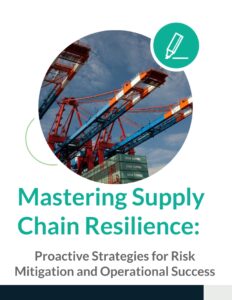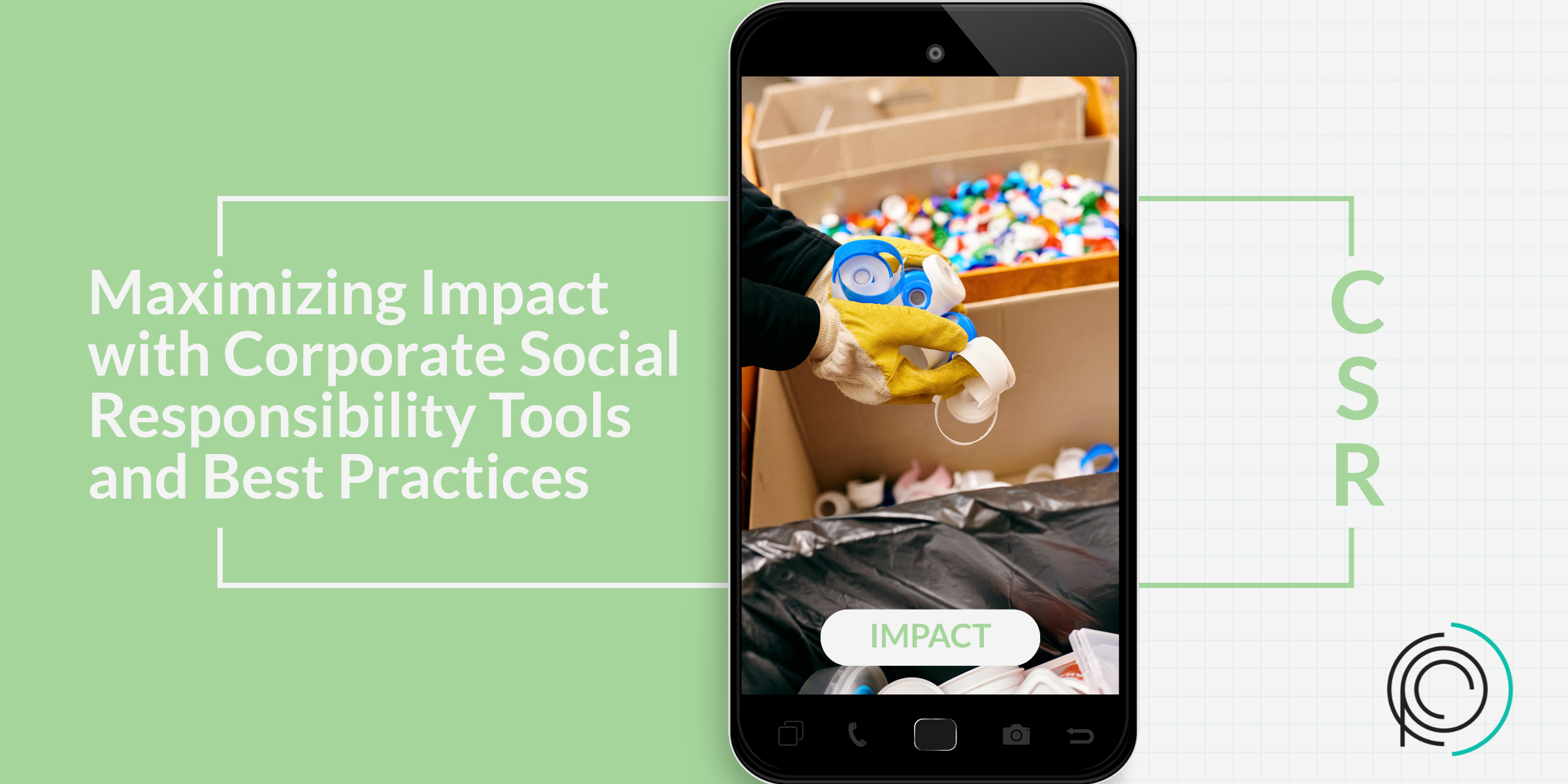Leading in Uncertainty: Essential Leadership Skills for Navigating the 21st Century Business Landscape
The 21st century is compelling us to completely reassess our approach to conducting business. Many individuals find themselves adapting and reshaping both the “what” and “how” of their operations to navigate these rapidly changing times. It has now become imperative to not only manage the current crisis but also strategize for potential future challenges, all while striving to grow and expand one’s business. This delicate balancing act has elevated into an art form, with leadership teams constantly toggling between fight and flight responses. Furthermore, the boundaries between work and personal life have become increasingly blurred in this new normal, with remote work and homeschooling becoming integral parts of our daily routine. In such a landscape, the need for clear, resolute leadership has never been more crucial.
In order to effectively lead and navigate through these uncertain times, leaders must possess a range of skills and capabilities. These include adaptability, empathy, communication, strategic thinking, and resilience. It is no longer enough to solely focus on the bottom line and profit margins; leaders must also prioritize the well-being and motivation of their team members.
One key aspect of effective leadership in the 21st century is adaptability. With rapidly changing environments and unexpected challenges, leaders must be able to pivot and adjust their strategies accordingly. This may involve embracing new technologies, exploring new markets, or even completely restructuring the business model. Leaders who are open to change and willing to take calculated risks will be better equipped to weather any storm.
Empathy is another crucial trait for leaders in the 21st century. This involves understanding and considering the perspectives and feelings of others, whether they be employees, customers, or stakeholders. In times of crisis, empathy can go a long way in building trust and fostering collaboration within teams.
Effective communication is also vital for successful leadership in this era. With remote work becoming more prevalent, leaders must find creative ways to keep their teams connected and informed. This can involve leveraging technology for virtual meetings, setting clear expectations and goals, and being transparent about any changes or challenges the business may be facing.
Strategic thinking is another key skill for leaders in the 21st century. With constantly evolving markets and consumer behaviors, leaders must think critically and strategically to stay ahead of the curve. This may involve analyzing data, identifying trends, and making informed decisions based on insights.
Lastly, resilience is crucial for leaders in these uncertain times. With the pandemic and other global challenges, businesses are facing unprecedented obstacles. Leaders must be able to bounce back from setbacks, adapt to new circumstances, and inspire their teams to do the same.
The good, the bad, and the out-of-business.
The pandemic has shed light on existing issues and magnified what was not working before. Some companies were forced to downsize and face the additional challenge of delegating the excess work to the remaining team while still maintaining an exceptional customer experience. Others were forced to close their doors altogether. Unless you are both mentally and financially prepared to change, pivot, and respond, pandemics, economic downturns, and any other natural disaster can and will take you out of the market. This means that leaders must constantly be on the lookout for potential challenges and disruptions, both internally and externally. They must have contingency plans in place and be able to adapt quickly in order to survive.
Effective leadership in the 21st century requires a combination of skills, traits, and capabilities that go beyond traditional notions of what it means to lead. Leaders must be adaptable, empathetic, effective communicators, strategic thinkers, and resilient to successfully navigate through these rapidly changing times. By prioritizing the well-being of their team members and constantly staying ahead of potential challenges, leaders can ensure the sustainability and growth of their businesses in this new era. So instead of waiting for the end of a crisis or challenge, leaders must strive to continuously evolve and innovate, always staying one step ahead to thrive in the face of uncertainty. As the saying goes, “adapt or perish” – and in today’s business landscape, this could not be more true. So let us take this opportunity to reflect on our leadership skills and make necessary changes to come out stronger and more resilient as we move forward into an uncertain future. With the right mindset and approach, we can not only survive but also thrive in this constantly evolving business landscape of the 21st century. The time for adaptability, empathy, effective communication, strategic thinking, and resilience is now – let us rise to the challenge and lead our businesses towards success.
Learning from the past to shape a better future
Flip the script.
The negative perception companies once had about remote workforces is now no longer optional. Those businesses that have successfully pivoted to remote working environments are implementing workflows and innovative technology to support their teams and hiring people from all over the country and the world. This not only opens up new talent pools but also promotes diversity and inclusivity in the workplace. As leaders, we must recognize the benefits and opportunities that come with this shift and continue to embrace remote work even after the pandemic ends.
Additionally, the pandemic has highlighted the importance of employee well-being and mental health. Leaders must prioritize creating a healthy work culture that supports their team members and fosters a positive work-life balance. This may involve implementing flexible schedules, offering mental health resources, and promoting open communication within the workplace.
Another key lesson to learn from this experience is the importance of digital transformation. Companies that were already utilizing digital tools and platforms before the pandemic were able to adapt more quickly and efficiently. As leaders, we must continue to embrace technology and look for ways to use it to our advantage, whether it be for streamlining processes, enhancing customer experience, or improving overall efficiency.
While the past year has been filled with challenges and uncertainty, it has also presented us with valuable lessons and opportunities for growth. As leaders in the 21st century, we must continue to evolve and adapt, prioritize empathy and effective communication, think strategically, and cultivate resilience in order to lead our businesses towards success. By learning from the past and embracing the changes of today, we can shape a better future for ourselves and those around us. So instead of dwelling on the negative impacts of the pandemic, let us use this experience as a catalyst for positive change and growth in our businesses and leadership styles.
There is a glass-half-full view during such an unpredictable time. The companies that moved to a remote environment afforded both themselves and their team a commute-free workday, which can have benefits. For some, this eliminates commuting 3+ hours a day, and they are now able to spend more time with their families. Now, there’s a space where people can perform and think at a higher, more efficient level.
Now what?
This is the period where your leadership is being tested. You must ask yourself, how clear is your communication? Do you leave room for uncertainty? A strong leader possesses the ability to effectively communicate and make sound decisions for the betterment of the company, which can determine if the business sinks or swim. While the job market, employee, and customer loyalty have all shifted to a free-market structure, there is no better time than the present for exceptional leadership. What is needed from you is a plan and a clear, consistent way of communicating that plan. This will provide stability and direction for your team during uncertain times.
Embracing change
In the face of uncertainty, it is natural for humans to resist change. However, as leaders, we must learn to embrace it. Change can bring about new opportunities and growth, both personally and professionally. Rather than fearing the unknown, we must approach it with a sense of curiosity and openness, ready to adapt and pivot when necessary. This mindset not only fosters innovation but also strengthens our resilience as leaders.
Effective leadership in the 21st century requires continuous evolution, adaptability, empathy, strategic thinking, and resilience. By learning from the past and embracing change in today’s constantly evolving business landscape, we can shape a better future for ourselves and those we lead. So let us not shy away from these challenges but rather use them as opportunities to become stronger and more effective leaders, guiding our businesses towards success in this new era. Let us rise to the challenge and embrace the changes of today, knowing that they will ultimately lead us towards a brighter future tomorrow.
First, having a working continuity plan that you can deploy remotely, in-office, part-time, or shut down will prove to be in the top 10 best investments you make for your business when crisis strikes. It is essential to have a plan in place that addresses potential disruptions and outlines clear protocols for how to handle them. This allows for a smoother transition during times of uncertainty and ensures the safety and well-being of your team.
Secondly, leaders must prioritize adaptability in their leadership styles. Being willing to pivot and change strategies when necessary can make all the difference in navigating through uncertain
Next, know your position in the market. Is it time for you to pivot your business, take your brand in a new direction, or expand your product offering? I would encourage you to continually plan to evolve your brand. Ensure you have an up-to-date competitor analysis and stay ahead of the competitive curve. I would not encourage you to begin planning to expand your brand because of a crisis.
Finally, work and rework any ambiguity from your external communications. Phrases such as yea, sure, and fine, can be interpreted as short, curt, and abrupt. You can’t change what you’ve already sent but proof any communications to ensure the tone remains authentic. Ensure the message that you want to convey is clear to you and your recipients. Remember, they are not in your thought process. If you do not control the message and your tone, the recipients will create their own.
In conclusion, your actions, language, and leadership skills are being more closely observed than you may think, take control as the leader. The pandemic has shown us that the only constant is change, and as leaders, we must be willing to adapt and evolve to thrive in this ever-changing business landscape. By prioritizing effective communication, embracing technology, being resilient and adaptable, and continuously evolving our brands, we can emerge from this crisis stronger and more prepared for whatever challenges may come our way in the future. So let us lead with empathy, creativity, and strategic thinking to navigate through these uncertain times and emerge as successful leaders in the new normal.
References:
- https://www.forbes.com/sites/forbeshumanresourcescouncil/2020/04/09/an-unexpected-benefit-of-the-covid-19-pandemic-a-more-human-centered-workplace
If you’d like more information on related topics visit our blog and resources library.







